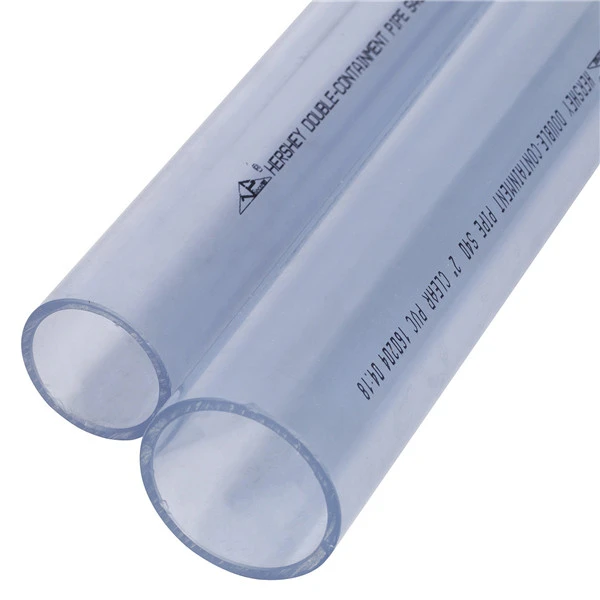اکتبر . 12, 2024 13:26 Back to list
hdpe rain pipe
Exploring the Benefits of HDPE Rain Pipes for Effective Water Management
In today's world, effective water management is crucial for sustainable development, especially in areas prone to heavy rainfall. One innovative solution that has gained significant popularity is the use of High-Density Polyethylene (HDPE) rain pipes. These pipes are designed to efficiently channel rainwater, preventing flooding and promoting proper drainage systems. This article explores the benefits and applications of HDPE rain pipes.
HDPE is a thermoplastic polymer known for its strength, durability, and resistance to various environmental factors. Unlike traditional materials such as concrete or PVC, HDPE offers superior flexibility and can withstand the extreme conditions often associated with heavy rainfall. Its flexibility allows it to adapt to changes in soil and terrain, making it an ideal choice for diverse installation environments.
Exploring the Benefits of HDPE Rain Pipes for Effective Water Management
Another benefit of HDPE rain pipes is their lightweight nature, making transportation and installation more manageable. Construction teams can easily handle the pipes, reducing labor costs and installation time. Moreover, the smooth inner surface of HDPE pipes promotes efficient water flow, significantly reducing the chances of blockages caused by sediment buildup.
hdpe rain pipe

Environmental sustainability is an essential consideration in today’s construction practices. HDPE rain pipes contribute to sustainable water management by facilitating rainwater harvesting. Instead of allowing rainwater to flow into storm drains, which can lead to contamination and erosion, HDPE systems can redirect the water to retention basins or storage tanks for reuse. This practice not only conserves water but also reduces the strain on municipal drainage systems, thereby minimizing the risk of flooding.
Furthermore, HDPE pipes can be recycled at the end of their life cycle, aligning with the principles of a circular economy. As the demand for sustainable materials grows, HDPE stands out as an environmentally responsible option for rainwater management.
In addition to residential uses, HDPE rain pipes are extensively deployed in agricultural applications. Farmers can implement these systems to manage runoff in fields, ensuring that excess water is properly drained and has minimal impact on crops. By effectively channeling rainwater, HDPE pipes help mitigate soil erosion and promote healthier crop yields.
In conclusion, HDPE rain pipes offer a versatile, durable, and sustainable solution for managing rainwater effectively. Their resistance to corrosion, ease of installation, and potential for recycling make them an excellent choice for modern drainage systems. As communities continue to grapple with the challenges posed by heavy rainfall and urban development, the adoption of HDPE rain pipes will play a crucial role in shaping the future of effective water management. Investing in these innovative solutions will not only protect infrastructure but also contribute to environmental sustainability for generations to come.
-
PVC Transparent Sheet Roll - Durable & Flexible PVC Plastic Sheet Roll for Industrial & Home Use
NewsJun.24,2025
-
High-Quality PVC PPR Pipes and Fittings Durable ERA PPR Solutions
NewsJun.10,2025
-
High-Quality Large HDPE Sheets & Large Diameter PVC Pipe Durable Large PVC Pipe Supplier
NewsJun.10,2025
-
High Density Polyethylene Cutting Board - Durable & Food Safe
NewsJun.09,2025
-
3 Inch PVC Pipe for Durable Irrigation Affordable & Reliable
NewsJun.09,2025
-
Premium PPR Plastic Water Pipe Fittings - Durable & Leak-Free
NewsJun.09,2025

